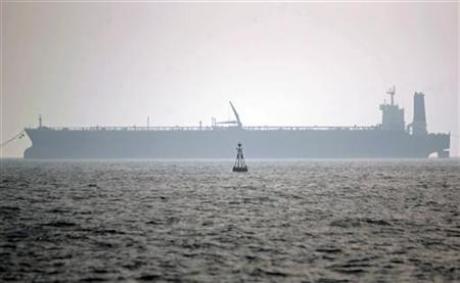 Euxeinos Pontos, "Welcoming Sea", was the name ancient Hellenic seafarers gave to the body of water we know as the Black Sea. "Pontos" eventually came to mean the north coast of Asia Minor, between Sinope and Georgia, a land of high mountains, deep valleys and natural harbours. Hellene merchants first established trading posts along this shore some 4,000 years ago, outposts that grew into villages, towns and cities. Like their better-known mother-cities along Asia Minor's Aegean shores, the Pontian cities produced great philosophers like Diogenes, geographers like Strabo and many other men of learning.
Euxeinos Pontos, "Welcoming Sea", was the name ancient Hellenic seafarers gave to the body of water we know as the Black Sea. "Pontos" eventually came to mean the north coast of Asia Minor, between Sinope and Georgia, a land of high mountains, deep valleys and natural harbours. Hellene merchants first established trading posts along this shore some 4,000 years ago, outposts that grew into villages, towns and cities. Like their better-known mother-cities along Asia Minor's Aegean shores, the Pontian cities produced great philosophers like Diogenes, geographers like Strabo and many other men of learning.

Base Map of Turkey Courtesy of The University of Texas Libraries. The University of Texas at Austin . Blue outlined area of Pontos added by PontosWorld for educational purposes.
Protected by the towering Pontic Alps, the region has a long tradition of independence. It was the last part of the Hellenic world to fall to the Romans and became the home to the exiled Komnenos Dynasty of Eastern Roman (Byzantine) Emperors and was the last Hellenic-ruled territory to fall to the Ottoman Turks.
As in Cyprus, Pontos' isolation assisted in the retention of many linguistic elements of Hellenic long lost by the rest of Hellenism. Pontian Hellenic is arguably one of the most archaic forms of our language that is still spoken. Interestingly, the majority of Pontian speakers today lives in Turkey and are Muslims.
Pontian folklore is also archaic. The Lyra, the ancestor of the violin and other string instruments played with a bow, and dances like the Pyrrihios, were part of Hellenic culture at least 2,500 years ago as evidenced by friezes from the 5th century BCE. Pontians Hellenes have always been the guardians of the eastern frontier of the Hellenic World, a fact reflected in the martial spirit of Pontian music and dance.
It was their reputation as fierce fighters with an independent spirit that brought about their genocide at the hands of the Turks in the early 20th century. Over a seven-year period 353,000 Christian Pontian Hellenes, half the pre-World War 1 population, perished. The survivors were then forcibly expelled to Greece from where they scattered around the globe.
Muslim Pontian Hellenes were permitted to remain in their homeland and to go on with their lives. They continue to speak "Romeika" (Roman) as they call their language, go on pilgrimages to the Monastery of Panayia Soumela to celebrate the Feast Day of the Prophet Elias in mid-summer with massive open-air festivals that attract thousands and to dance the same dances and sing the same songs as Christian Pontians around the world.

Δεν υπάρχουν σχόλια:
Δημοσίευση σχολίου